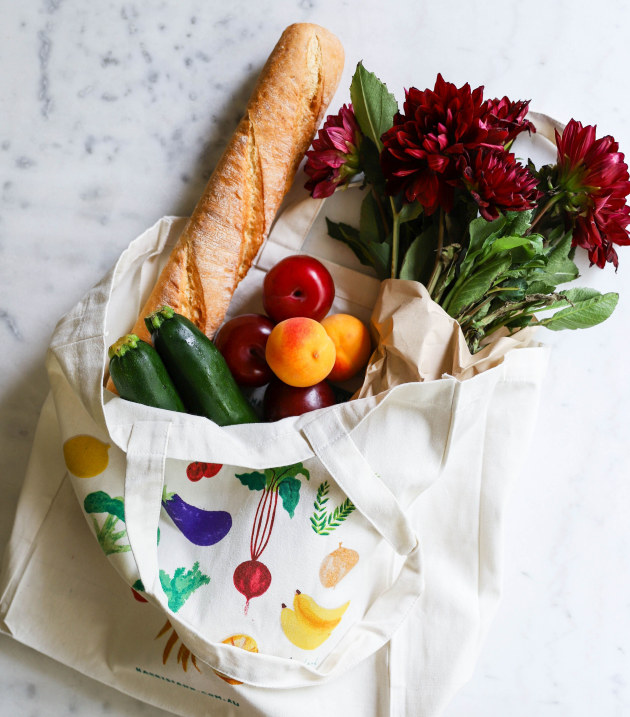Harris Farm Markets is now completely plastic bag-free at registers following consumer support for its #banthebag campaign last year, and a string of Australian restaurants are following suit.
Harris Farm Markets now encourages all consumers to #byobag or take a recycled box following its decision to eliminate any and all plastic bag options, unlike competitors who now offer them at a cost to consumers.
The grocer formerly partnered with Clean Up Australia on the issue, pushing for a statewide ban, and has had alternative carry bag options at the checkout for some time.
Following not far behind are Craveable Brands' chains Red Rooster, Oporto, and WA-based Chicken Treat, which have started to phase out single-use plastic bags in their restaurants.
With stock no longer being replenished, some will be plastic bag-free in the next month, with 100 per cent of the network onboard with #banthebag by July 2018.
Craveable Brands CEO Brett Houldin said he expected to see 8.8 million bags removed from circulation nationally, which is equivalent to 8.8 tonnes of plastic.
To support customers during the transitional period, Harris Farm stores have introduced free reusable paper bags, but continues to encourage customers to bring their own bags as the best possible environmental option.
All stores will continue to offer a broad range of reusable BYO bag options, including shopping bags and produce roll bag alternatives for sale, as well as free cardboard boxes.
Customers will continue to be educated in store about the campaign and encouraged to #byobag.






